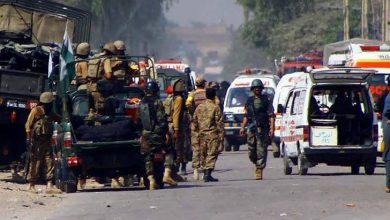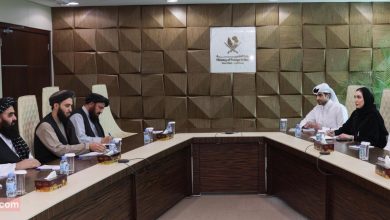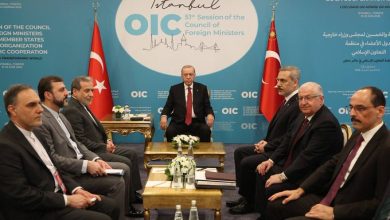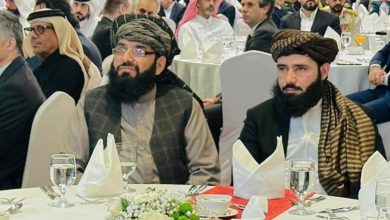Minister to Khamenei and His Supporters: “Your Expertise is Funerals, Ours is Victory”
On Sunday, 5 Hoot 1403 (February 24, 2024), Israeli Defense Minister Yisrael Katz launched a scathing verbal attack against the Islamic Republic of Iran and its leader, Ayatollah Ali Khamenei, during a graduation ceremony for Israeli military combat officers.
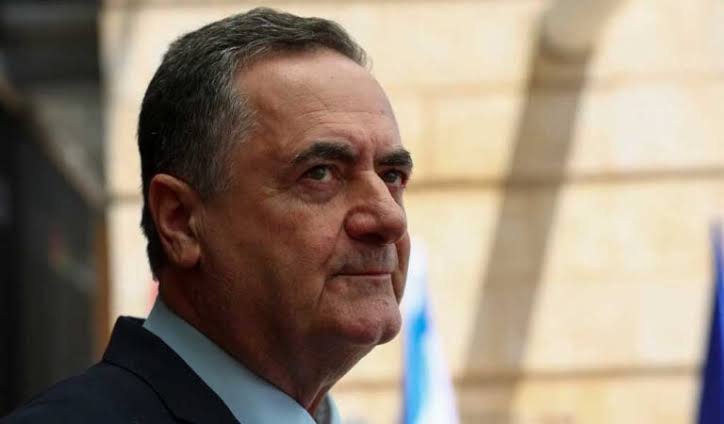
Weezha Roz-Kandahar-Katz’s remarks coincided with reports of supporters of the Islamic Republic attending a funeral ceremony in Beirut for Hassan Nasrallah, Secretary-General of Lebanon’s Hezbollah.
Addressing the audience, Katz declared:“Your expertise will be in funerals, and ours in victory.”
The pointed statement appeared to respond indirectly to longstanding threats from Iranian leaders and their regional allies, who have consistently labeled Israel as their sworn enemy.
Katz further outlined Israel’s strategy to counter Iranian influence in the Middle East, emphasizing Israel’s “unyielding resolve” to prevent Iran from obtaining nuclear weapons.
He also reaffirmed the Israeli military’s commitment to continuing defensive operations such as “Iron Wall”—a campaign targeting missile threats and security risks posed by Iran and its proxy groups.
Reacting to Katz’s comments, Iran’s Defense Minister, Aziz Nasirzadeh, dismissed the claims, stating:“The Islamic Republic’s strength is not something that can be destabilized or diminished by a single strike.
These are delusional fantasies they periodically indulge in.
Nasirzadeh added:“The Israelis rely solely on their air power.
One day, the Resistance Front will triumph over these iron-winged devils.”He underscored Iran’s backing of regional resistance factions, including Hezbollah, Hamas, and Islamic Jihad, vowing that Tehran would retaliate forcefully against any external aggression and warning Israel to “recognize the true might of the Islamic Republic.”
Escalating Tensions and Regional Implications
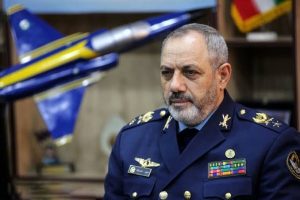
Security and geopolitical analysts interpret this fiery exchange as a sign of mounting friction in the Middle East.
The mutual threats unfold against the backdrop of Iran’s advancing nuclear program and Israel’s repeated warnings that it will never permit Tehran to acquire nuclear arms.
Regional powers such as Saudi Arabia and other Arab states have also voiced concerns over Iran’s expanding influence, working to bolster alliances to counter the Islamic Republic.
Analysts predict a further spike in Iran-Israel tensions, particularly given Iran’s nuclear ambitions, its military presence in Syria, and its support for proxy militias in Lebanon and Iraq.
However, some experts speculate that despite the rhetoric, behind-the-scenes diplomatic efforts to de-escalate tensions and avert a broader conflict may still be underway.
Ultimately, these exchanges reflect the high-stakes power struggle shaping the Middle East, with the region’s future hinging on the diplomatic maneuvers of global and regional players.
Weezha Roz

